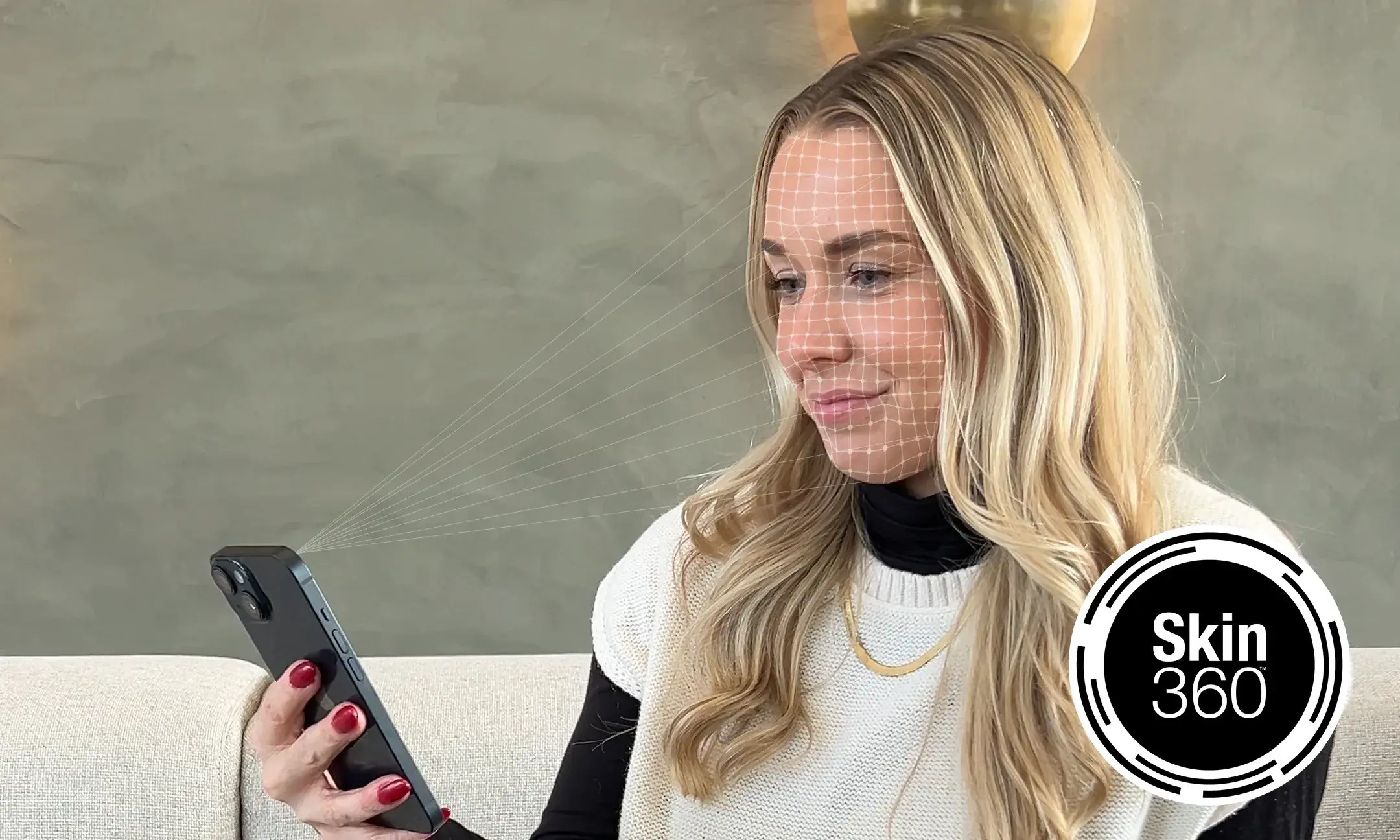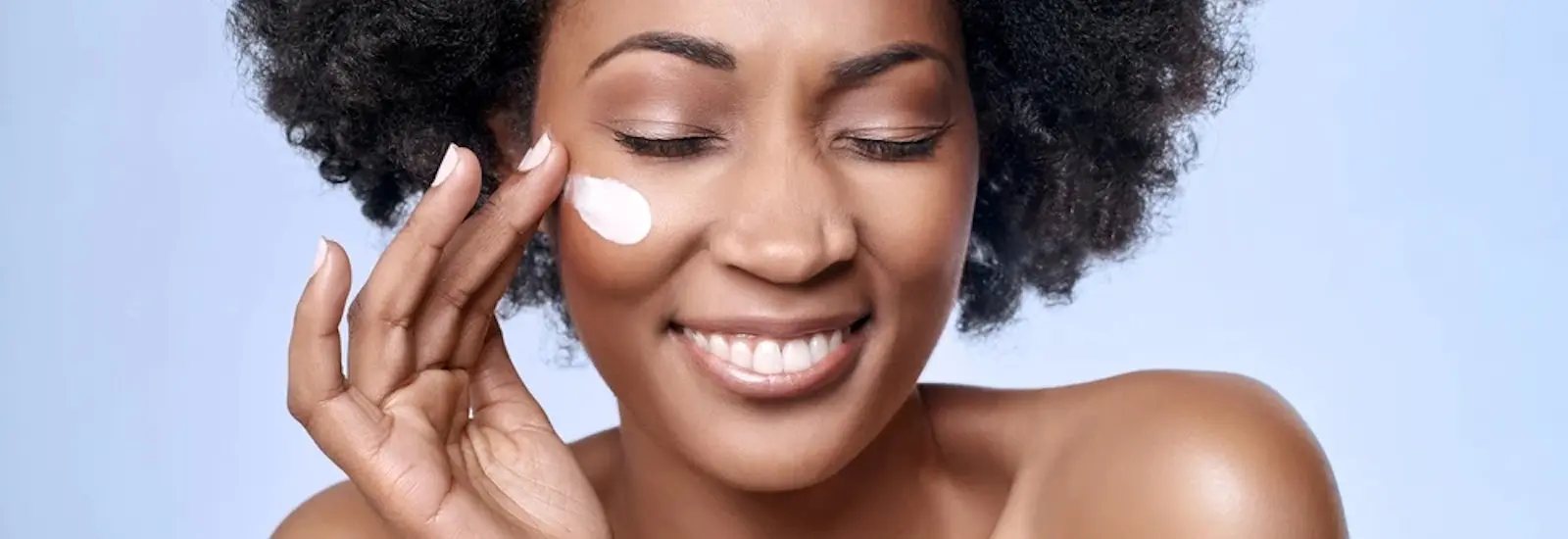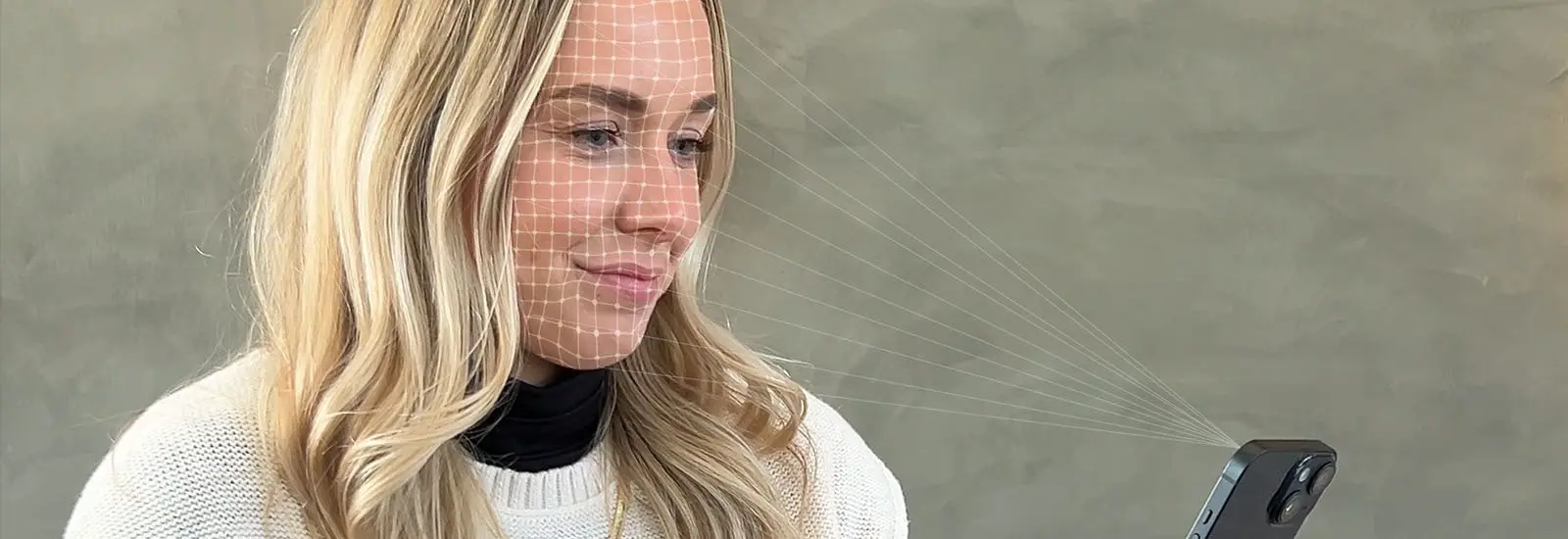Increasing cell turnover is one of the bedrocks of skincare. Bringing those new, younger cells to the surface helps skin look and feel fresh (because it is). It's also something retinol is really, really good at.
What is retinol good for beyond rejuvenation? Well, don't underestimate the power of young skin cells. This vitamin A derivative helps reduce visible hyperpigmentation, softens fine lines and wrinkles, and smooths out skin texture. In short, retinol is a one-stop solution for healthy, glowing skin.
However, this high-potency ingredient comes with a caveat — it raises the potential for irritation. Darker skin tends to be more reactive to damage than lighter skin tones, meaning that using retinol as a BIPOC warrants taking a bit of extra care.
Here's how to bring out the best of this super ingredient for darker skin tones.
Is Retinol Good for Darker Skin Tones?
Short answer: Yes, retinol can benefit darker skin tones.
Melanin can help protect your skin from the sun, however, the more melanin your skin contains, the more prone it can be to hyperpigmentation. Retinol happens to be a powerful solution for balancing the look of uneven spots and patches. Cue: an even complexion.
Additionally, there's evidence that people with darker skin tones may also be more acne-prone. This is another area where retinol can play an important role. Its ability to purge dead cells and unclog pores — which in turn equals less visible dark spots and more even skin tone. Win-win!
How Does Retinol Affect Darker Skin Tones?
Disruptions to the skin may lead to uneven pigmentation. It's normal for people of all skin tones and types to respond with a certain amount of flaking and sensitivity if confronted with too strong a dose of retinol. So, what is retinol good for, exactly?
In moderation, retinol can be effective. Look for nourishing formulations such as the Neutrogena® Rapid Wrinkle Repair® Anti-Wrinkle 0.3% Retinol Lightweight Facial Oil, which contains this collagen-boosting powerhouse.
It's also important for people with darker complexions to pair retinol with soothing ingredients like hyaluronic acid, aloe vera and ceramides to buffer the skin. An emollient-rich formula such as the Neutrogena® Rapid Wrinkle Repair® Retinol Pro+ .5% Power Serum or the Neutrogena® Rapid Wrinkle Repair® Regenerating Anti-Wrinkle Retinol Cream + Hyaluronic Acid to gently reduce the appearance of fine lines and wrinkles.
How To Apply Retinol & Incorporate It Into Your Skincare Routine
Exactly how does retinol fit into a BIPOC skincare routine?
Since retinol may increase the skin's sensitivity to sun damage, add it to your nightly routine. Start with a low frequency — such as twice a week — and build up to applying it every day as your skin becomes more tolerant. You can also create a "moisture sandwich" by applying a thin layer of moisturizer both before and after the retinol to buffer the skin.
These simple practices can help you put retinol to good use and gently get supple, glowing skin.

Anubha Charan Guest Beauty Blogger
I am a skincare addict, book lover, shopaholic and world traveler, who can’t stay in one place!




